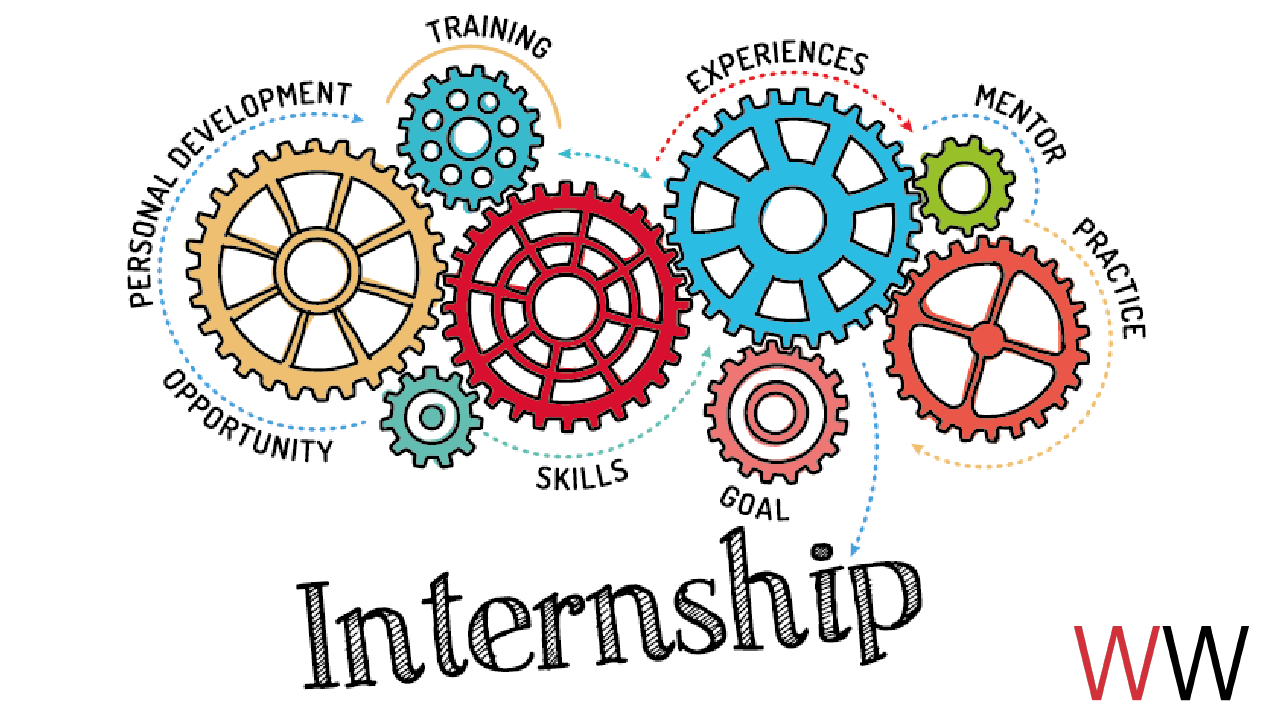Many communications blogs will tell you how to do nonprofit communications. I have even shared lots of tips and tricks about how to run an effective, lean communications department.
However, we’re all competing for unrestricted funding (the birthday cake of the nonprofit budget) and we need to give clear reasons for why our department deserves the resources. And at that moment, how isn’t as important. Your boss, board, or donor will want to know the why. Why are we investing in this? Why are we on social media? Why is it important for us to build connections with reporters?
This blog post will give you a list of reasons to invest in communications, either with time or resources. Not all benefits will apply to all nonprofits equally, but some will be key points you can go to your boss or your board about why to invest in communications.
An effective communications department will have three key outcomes: consistent messaging, better storytelling, increased audience. For this post, I will be linking these three outcomes to five aspects of your nonprofit’s work, improving your ROI.
Fundraising
Consistent Messaging– This strengthens your organization’s pitch to get donors and funders. By determine good, effective messaging, you distinguish yourself from the crowd and clarify your purpose and programs.
Better storytelling– We all know the most effective fundraising comes from stories. By developing an effective way to get stories from your front lines to your appeals, you get high quality content more efficiently.
Client Outreach
Consistent messaging– This helps your organization in clarifying what your role is in your community. More people will understand what you do, which will help more people take advantage of what your nonprofit does best.
Increased audience– By investing in outreach programs to connect with your community, you will raise awareness of your organization and develop closer ties with influencers who can connect you to clients. You will also have a bigger audience to pull from when you start a new program or are looking to survey your community.
Advocacy
Consistent messaging: Messaging is key to any advocacy push, and only by using it consistently does it gain traction. If you are running a campaign, having consistent messaging from your organization builds credibility and awareness, aiding your advocacy efforts.
Increased audience: When a nonprofit invests in e-mail, social media, and web, the effectiveness is often in the increased number of people who see the content. This means you are consistently growing the number of people who are already listening to you. And that is what makes your voice move your mission forward- an audience who is listening to you.
Better storytelling: Persuasive advocacy hinges on effective storytelling. Personifying data and budget lines is imperative when you are testifying or writing op-eds. By improving your storytelling, you are building up your stockpile of persuasive stories that help you effect your mission.
Hiring
Consistent messaging: Over time, consistent messaging pays off in a big way. When your organization is clear about what it does, it attracts the right types of job candidates and proves stability and focus, which is what good employees strive for.
Crisis Response
Increased audience: When your organization is putting money into building your newsletter list and website visitors, you’re also preparing for a crisis. This could be a last-minute event attendance push, an executive transition, or a city council vote. Consistent, effective communication builds your audience (including reporters), providing you with a highly valuable resource in the times when you need it most.
Consistent messaging: Consistent messaging is key to building trust with your audiences. By using consistent messaging, you deliver on your promises about who your organization is and what it does, giving your audience a reason to stand by you through tough times.
This is not at all an exhaustive list, but it does give you a start to come up with a convincing (and accurate) argument for why your nonprofit should invest in communications. Good luck!
Allison is a nonprofit communications consultant and friend of Williams Whittle who specializes in creating affordable communications strategies for small nonprofits. She has five years of nonprofit and association experience including developing communications strategies, conducting an organizational rebrand, and building a custom social network.



